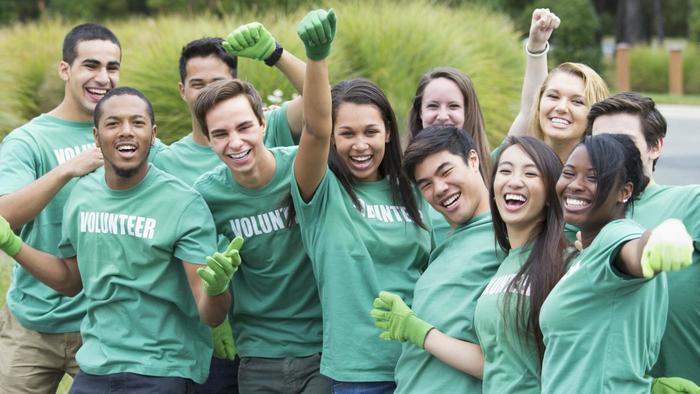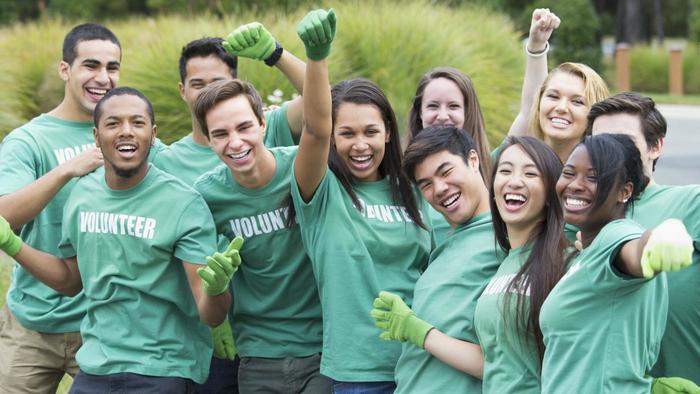 by Daiga Kamerāde, Jo Crotty and Sergej Ljubownikow
by Daiga Kamerāde, Jo Crotty and Sergej Ljubownikow
Is volunteering an outcome or a driver of democratisation ?
What is the relationship between volunteering and democracy? Whether volunteering is an outcome rather than a driver of democratization is one of the most long-standing debates in voluntary sector studies. Some argue that civil liberties, such as the freedom to assemble and participate in non-govermental organisation is an important pre-condition of volunteering. Others claim that active involvement in non-govermental organisations through volunteering enchances democracy.
In our study, recently published in the Nonprofit and Voluntary Sector Quarterly, we found that is not volunteering that brings civil liberties, but rather that increased civil liberties lead to higher levels of volunteering, if citizens are willing to use these liberties. Our evidence comes from the analysis of divergent democratization pathways in six countries of the former Soviet Union (FSU). The FSU presents a unique situation in terms of volunteering and civil liberties. Following the collapse of the Soviet Union in early 1990s, 15 independent states emerged. Since the end of World Ward II, they had all been part of the same centralized, undemocratic Soviet state, so they had all shared the same institutional and political inheritance – low levels of civil liberties and state controlled and often compulsory “volunteering”. Since the 1990s these states have embarked on their own paths to social, political, and economic reform taking differing institutional development trajectories. One of the key differences in these reforms was the extent to which they facilitated or hindered the strengthening of civil liberties, resulting in various levels of volunteering.
Using data from the European Values Study undertaken in 1999 and 2008, we found that Latvia, Lithuania, and Estonia—which followed what we call a Europeanization path—have high and increasing levels of civil liberties and volunteering. In Russia and Belarus, following a pre-emption path through introducing regulations that curtail or restrict the activity of nonprofit organizations and other public organizations, civil liberties have remained low and volunteering has declined. Surprisingly, despite the Orange Revolution and increased civil liberties, volunteering rates in Ukraine have also declined, in other words – higher civil liberties did not bring more volunteering. The case of Ukraine indicates that the freedom to participate is not always taken up by citizens.
Our findings have important implications for theory-building and future research on cross-national differences in volunteering and civil society. Our observed variations indicate that political–institutional changes and macro-structural political developments affect an individual’s decision to engage in volunteering, even when some individual factors predicting such behavior are taken into account. Our findings suggest that volunteering is an outcome of democratization and democratic governance rather than the other way around. Volunteers are not carriers of democracy and it seems that the focus of many development agencies, both in the past and present, on building civil society in countries undergoing political change is somewhat misguided in making this assumption.
http://www.birmingham.ac.uk/generic/tsrc/news/2016/05/Volunteering-and-democracy.aspx


